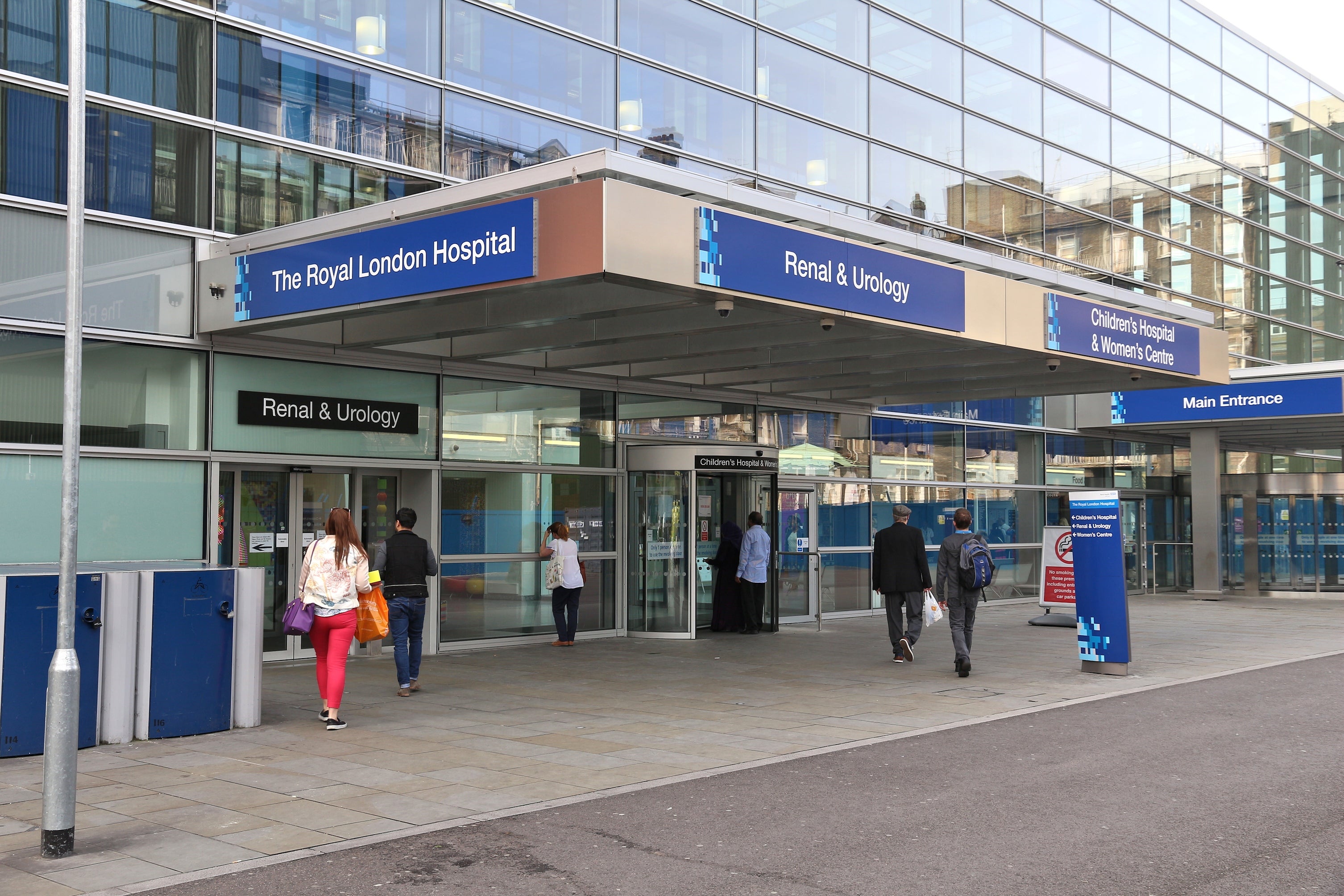‘Neo-Nazi’ jailed for threatening to bomb NHS hospital at height of pandemic
Emil Apreda also threatened to bomb Black Lives Matter protesters and MPs if £10m not paid, investigators say

A man who posed as a neo-Nazi has been jailed for threatening to bomb an NHS hospital at the height of the coronavirus pandemic.
Emil Apreda, a 33-year-old Italian man living in Berlin, threatened to place an explosive device in an unspecified English hospital unless he was paid £10m in Bitcoin.
His message purported to be from the neo-Nazi group Combat 18, but investigators said he used it as a “front for his extortion” and that he did not have access to a bomb.
Apreda emailed his threat to the NHS on 25 April 2020, but sent the same message to the National Crime Agency (NCA) control centre hours later.
Officials said they did not publicise the incident over fears that people would not seek hospital treatment because of safety concerns, and that Covid patients on ventilators would die if evacuated.
Tim Court, the head of investigations in the NCA’s cyber crime unit, said the threats were not known outside a “very tight circle” of people, including senior counter-terror police officers.
“Any loss of life was not acceptable to us – a lot was done, not a lot was known,” he said.
“This was one of the most significant threats we’ve seen in quite some time to UK infrastructure. At the height of this we were losing nearly 1,000 [Covid victims] a day and for six weeks we were trying to manage somebody who could have been planting a bomb in a hospital somewhere in the UK.”
Mr Court said concern about a potential bomb was heightened by the increased use of oxygen inside hospitals. Potential targets were “hardened” in response to the threat, he added.
Nigel Leary, who led the NCA operation, said the threat then evolved over the following weeks.
“Our offender paid close attention to other world events that were going on at the time to try to increase our perception of that threat and elicit the response they were after,” he told a press conference.
“After the death of George Floyd, they changed the modus operandi and threatened to place a bomb at a protest in support of the Black Lives Matter campaign.”
Then ahead of the anniversary of the assassination of Labour MP Jo Cox, who was killed by a neo-Nazi in June 2016, Apreda started threatening MPs.
On Friday, he was convicted of attempted extortion following a trial that started in December at Berlin’s Tiergarten District Court and jailed for three years.
Apreda was released on bail until the ruling is ratified, because under German law the verdict is not immediately binding and can be appealed within a week.
Investigators said Apreda, who previously worked in computing and privacy, was “confident” that he could hide his identity by using the dark web, encryption and other tools.
But analysis, including behavioural and linguistic science, narrowed down his location to several potential countries, whose investigative services were contacted, and Apreda was identified.
Armed police raided his Berlin flat and arrested him on 15 June, seizing electronic devices used for the scheme.
The NCA said that although Apreda was an Italian national, he was born in Berlin and there was “no realistic” prospect of him being extradited to the UK for trial.
The agency shared its material with German authorities, who also carried out their own investigation.
Mr Court said the investigation had not uncovered a link to the UK and that the NHS was believed to have been targeted because of its vulnerability at the time, rather than because Apreda had “an axe to grind”.
He said there was also no evidence of a true affinity with the far right, and the NCA believed the ideology was used in communications as an “attempt to utilise and leverage the fear that would engender”.
“This was serious crime, attempted extortion and using social engineering to make the risk seem more significant to try to get the response he wanted,” Mr Court added.
But he said that if the case had been tried in the UK, Apreda may have been charged with terror offences because of the nature and effect of his threats.
Lisa Jani, a spokesperson for the Berlin criminal courts, said British authorities appeared via video-link to give evidence at the trial and confirmed that no payment was made.
She said Apreda had been freed on bail and must report to police twice a week until the judgment is finalised.
An NHS spokesperson said: “The threat made during the extortion demand significantly added to the pressures on the NHS during the covid pandemic and meant senior leaders and emergency response staff were called on to direct the NHS aspects of the response to this threat.
“The threat and demand was made at a time that hospitals were at their most vulnerable, and could have resulted in significant loss of life.”



